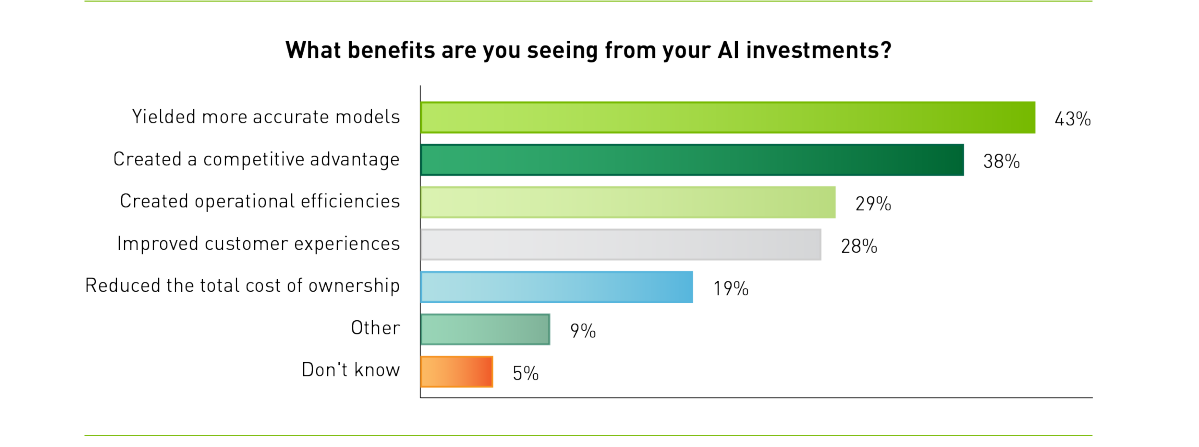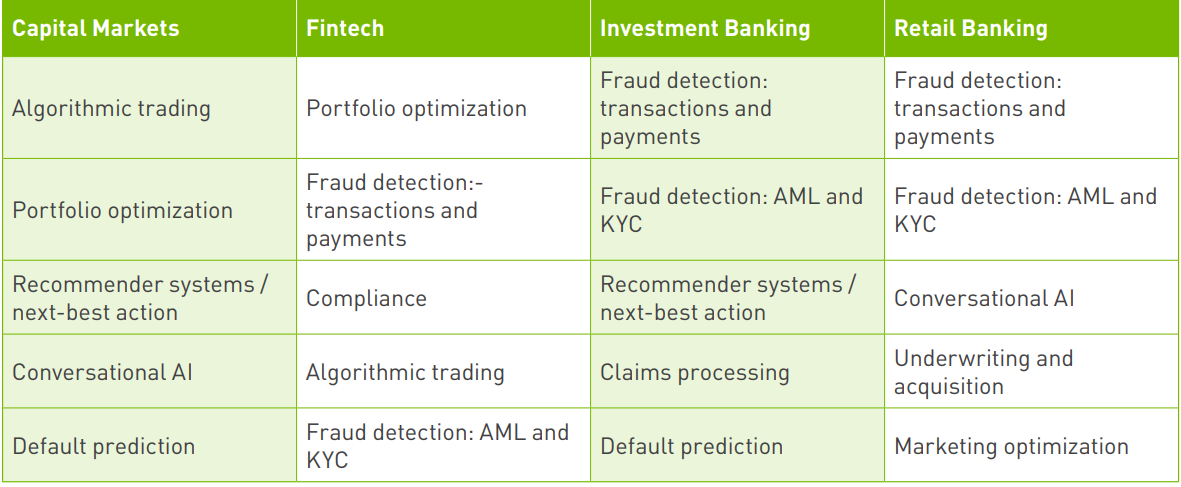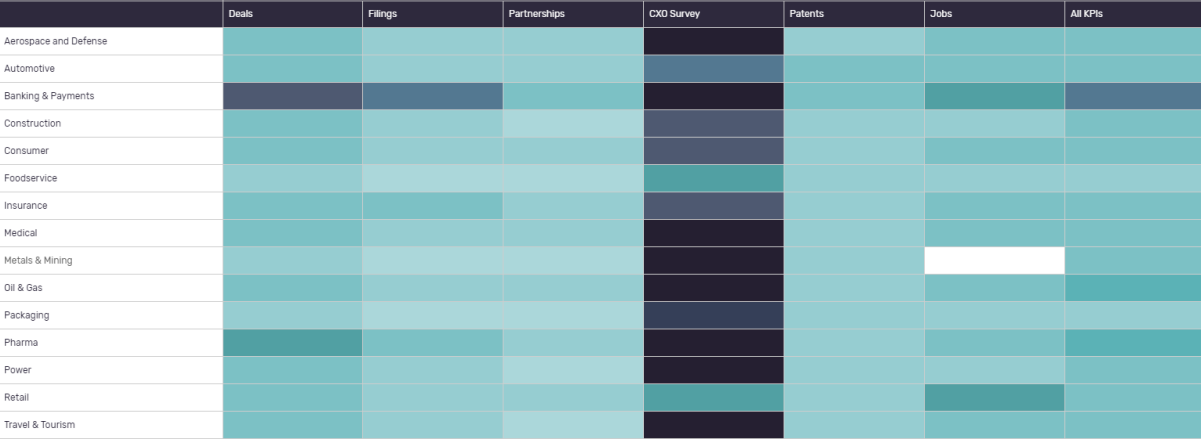The Journey AI in Banking
Kevin Levitt, head of NVIDIA Financial Services discusses with RBI editor Douglas Blakey the current state of AI in financial services.
Some 80% of the world’s top financial firms are spending billions on artificial intelligence to improve their services and compete with each other. New research from NVIDIA uncovers what those firms are doing and how they’re deploying these resources.
NVIDIA’s State of AI in Financial Services 2022 Trends Report key takeaways:
- Fraud detection – 8 of 10 financial firms are using AI to reduce the estimated $5trn in global fraud each year;
- Conversational AI – banks infusing AI across customer service channels from self-service chatbots to call center virtual agents that complement customer service representatives;
- Personalised recommendations – From robo advisers to optimisation of marketing and cross-sales channels, AI-led recommendation systems are delivering hyper-personalised experiences to bank customers.
AI-enabled innovation is now mission critical for banks
Competition for consumers and their financial data continues to intensify across incumbent banks, fintech, big tech, and big-box retail. This is compounded by highly innovative digital experiences being deployed across industries, which continue to shift consumer expectations.
Kevin Levitt, head of NVIDIA Financial Services says that financial services companies must enhance the level of personalisation, data security, customer service, pricing, and more in the creation and delivery of financial products or expect to lose market share to those who do.
He tells RBI: “We knew from talking to executives at the biggest banks in the world that 2021 was all about migrating from the research and innovation labs when it comes to AI and ML and the applications of AI across financial services into production. AI has become pervasive in terms of production.”
Artificial intelligence, machine learning, and deep learning equip financial services companies with the ability to accelerate revenues, create operational efficiencies, and enhance customer experiences.
Access the most comprehensive Company Profiles on the market, powered by GlobalData. Save hours of research. Gain competitive edge.

Thank you!
Your download email will arrive shortly
We are confident about the unique quality of our Company Profiles. However, we want you to make the most beneficial decision for your business, so we offer a free sample that you can download by submitting the below form
By GlobalData
Visit our Privacy Policy for more information about our services, how we may use, process and share your personal data, including information of your rights in respect of your personal data and how you can unsubscribe from future marketing communications. Our services are intended for corporate subscribers and you warrant that the email address submitted is your corporate email address.
Since last year’s NVIDIA State of AI in Financial Services survey, AI-enabled applications have moved from the innovation lab to being the nucleus of the new AI-led financial services enterprise. AI-enabled applications are powering banks, insurers, asset managers, and fintechs to—not only deliver improved services—but outperform competitors, increase customer lifetime value, and increase market share.
Across all sectors of financial services—capital markets, investment banking, retail banking, and fintech—over 75% of companies utilise at least one of the core accelerated computing use cases of high-performance computing (HPC), machine learning, and deep learning.
Impact of AI in Financial Services

The NVIDIA report finds that some 91% of financial services companies are driving critical business outcomes with investments in AI. First and foremost, 43% of respondents state that AI is yielding more accurate models. Along with model accuracy comes a host of other benefits
AI is enabling a wide array of meaningful use cases for financial services companies. The top two of the top three priorities across the industry remain fraud detection and algorithmic trading, while conversational AI is a new entrant into the top three.
More importantly, the percentage of companies investing in each use case jumped significantly year over year, with underwriting and acquisition, conversational AI, and anti-money-laundering (AML) and know-your-customer (KYC) fraud detection showing the largest percentage gains.
Says Levitt: “Nine of 13 use cases tracked by NVIDIA are utilised by at least 15% of respondents’ companies. Indeed, many are now over 25%. But this time last year, none of the use cases had more than 14% industry penetration in last year’s survey.
This demonstrates the rapid adoption of AI across financial services, which is requiring banks to invest in enterprise AI strategies and infrastructure.”
Which AI use cases will you continue to invest in? (top 5 in ranking order by banking sector)

Source: NVIDIA
Disconnect between the C Suite and the practitioners
Says Levitt: “In the NVIDIA survey, 37% of the C suite viewed their own company’s AI capabilities as industry leading. But only 20% of the developers have the same perception.
So, the C suite is very enamoured and rightly so of the opportunity for AI. How well they are actually executing on their vision and enabling their teams with a true enterprise AI platform that can support the development of AI applications-there is an opportunity to continue to invest to give the developers the tools that they need.
Levitt adds: “Frankly, there is not a more highly coveted, competitive and valued resource within financial services today than data scientists. It is not only about acquiring and hiring these talented folks but it is also about retaining them.”
NVIDIA’s report concludes that today’s market demands that companies deploy AI-enabled applications at scale. To build an AI-powered bank, leadership must invest in the enterprise AI infrastructure that enables data scientists, product managers and IT leaders to enact leadership’s AI strategy. Successfully deploying an AI strategy will enable these financial services firms to achieve higher revenues, lower operating costs, greater customer satisfaction, and an overall competitive edge in the industry.
AI in banking: GlobalData research
AI can galvanise waning banks and provide them with new income sources while increasing the value they derive from current sources by, for example, reducing non-performing loan (NPL) ratios through AI-enabled credit checks. GlobalData forecasts that retail banks will spend $4.9bn on AI platforms worldwide by 2024. This is up from $1.8bn in 2019, representing a compound annual growth rate (CAGR) of 21.8%.
Indeed, AI has never been more important to the banking sector, spurred on by the recent wave of digitalisation and the Covid-19 pandemic. Banks are increasingly forced to compete with innovative fintech firms that are cloud-native and have incorporated a suite of digital tools from the get-go. This means that, to remain competitive, banks have been forced to accelerate their digital transformation programmes.
The graphic below shows the level of investment in AI from each sector, based on data drawn from GlobalData’s deals, patents, and jobs databases; company filings, and GlobalData’s CXO survey. Banking scores the highest of any sector for AI adoption.
Tech Theme Investment Intensity for AI
The banking and payment sectors are investing most heavily in AI

Note: The darker the square, the more intense the investment.
Source: GlobalData
Kevin Levitt, head of NVIDIA Financial Services speaks with RBI editor Douglas Blakey













